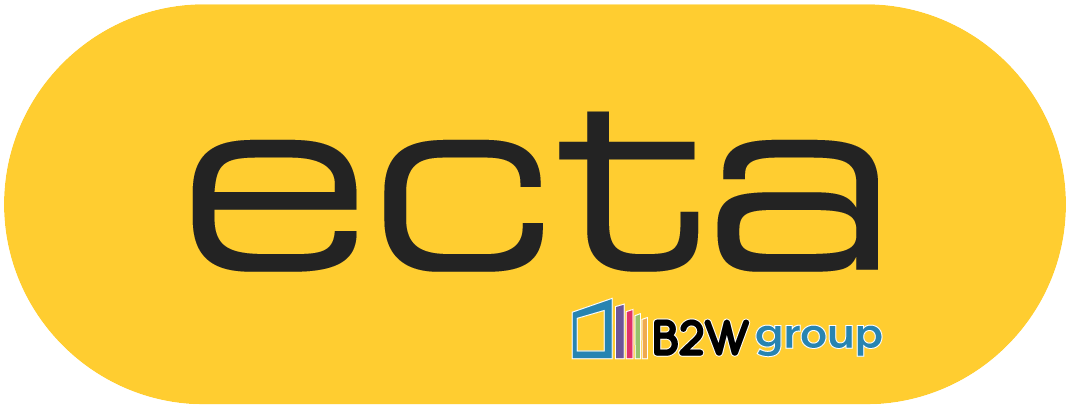ECTA Smart meter training courses – what’s involved?
ECTA Smart Meter Diplomas are suitable for people from all walks of life, from college graduates to retired service personnel to existing utilities engineers looking to extend their skills. If you are interested in booking a place, here is what you need to know.
What qualifications are needed before enrolment?
The good news is that training to become a smart meter engineer doesn’t require any specific industry qualifications nor any educational training past secondary school.
In fact, in terms of qualifications ECTA only require applicants to have passed maths and english at GCSE level. Since working on the smart meter project involves driving, prospective students will also need a current, clean driving licence and other course prerequisites include the ability to work legally in the UK, a demonstration of your motivation for learning and an awareness of good customer service.
Although applicants will only need the two GCSEs mentioned above to secure a place on an ECTA smart meter course, they should also be aware that employers in the metering sector may ask for more qualifications, often 4 GCSEs. Providing students can successfully pass a relevant ECTA diploma and can meet these additional employer’s requirements, ECTA can offer a guaranteed permanent position with one of our metering partners.
What does an ECTA Level Two Smart Meter Diploma involve?
Although ECTA smart meter diplomas are challenging, they are designed to be enjoyable. By offering a customised training environment and employing experienced industry personnel we expect students to leave us with the skills and qualifications they need to succeed in the smart metering industry while having a rewarding experience along the way.
There are three different Level Two Smart Meter Diplomas on offer depending on whether students want to work with dual fuel (recommended for most) or power (electricity) or gas alone. All courses can be thought of as split into three elements: centre-based theoretical learning; centre-based practical learning and mentored onsite installations.
Here is an example of some of the units covered in the Level Two Dual Fuel Smart Meter Diploma:
- Working practices in the energy and utilities sector
- Working safely in the energy and utilities sector
- Using and communicating technical information in the energy and utilities sector
- Delivering customer service when working within the energy and utilities sector
- Install and commission communication systems for smart meters
- Applied practices and principles for installing low pressure natural gas smart meters up to U6 only
- Prepare, install and commission low pressure natural gas smart meter and regulator
- Low pressure gas smart meter tightness testing and direct purging
- Install single phase meter and associated equipment
- Change single phase meter and associated equipment
The above list gives an idea of the combination of practical techniques, theoretical knowledge and customer service skills that are required to become a successful smart meter engineer.
Course Assessment
ECTA Level Two Smart Meter Diplomas are assessed in two ways. The centre-based element of the course, which takes place in ECTA’s customised 16,000 square foot training centre in Stockport, is assessed through both written and practical examinations. For dual fuel and gas courses, these will include the ACS CMA1 and MET1 assessments.
The mentored onsite element of the course will be signed off by an independent assessor once the student has demonstrated to their mentor that they are ready to successfully install smart meters on their own.
Staying in touch with ECTA
To stay in touch with ECTA, please subscribe to our newsletter and connect with us on social media. If you are ready to book a place on an ECTA course or for more information, please call 0161 480 5656 or email [email protected]
